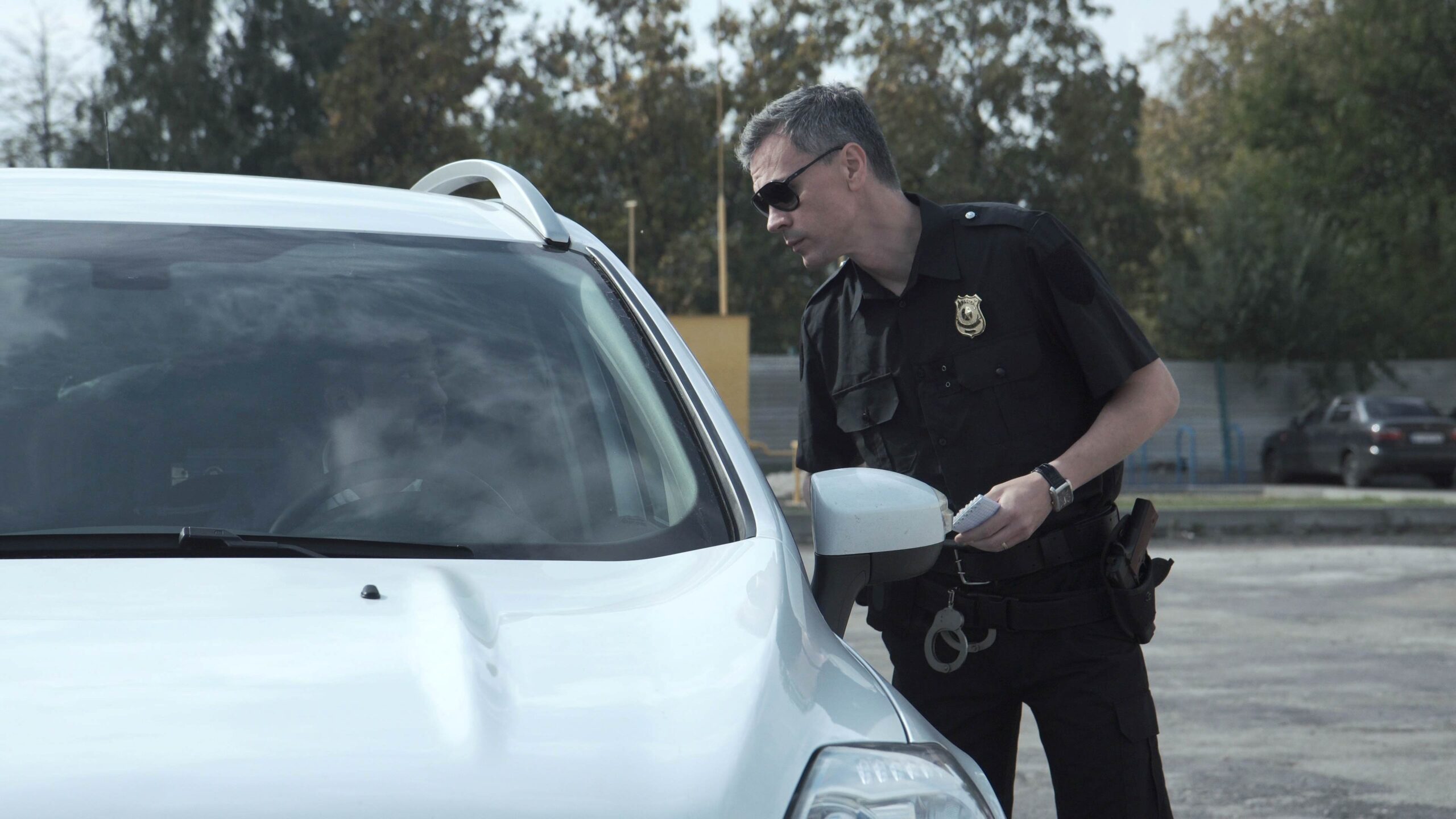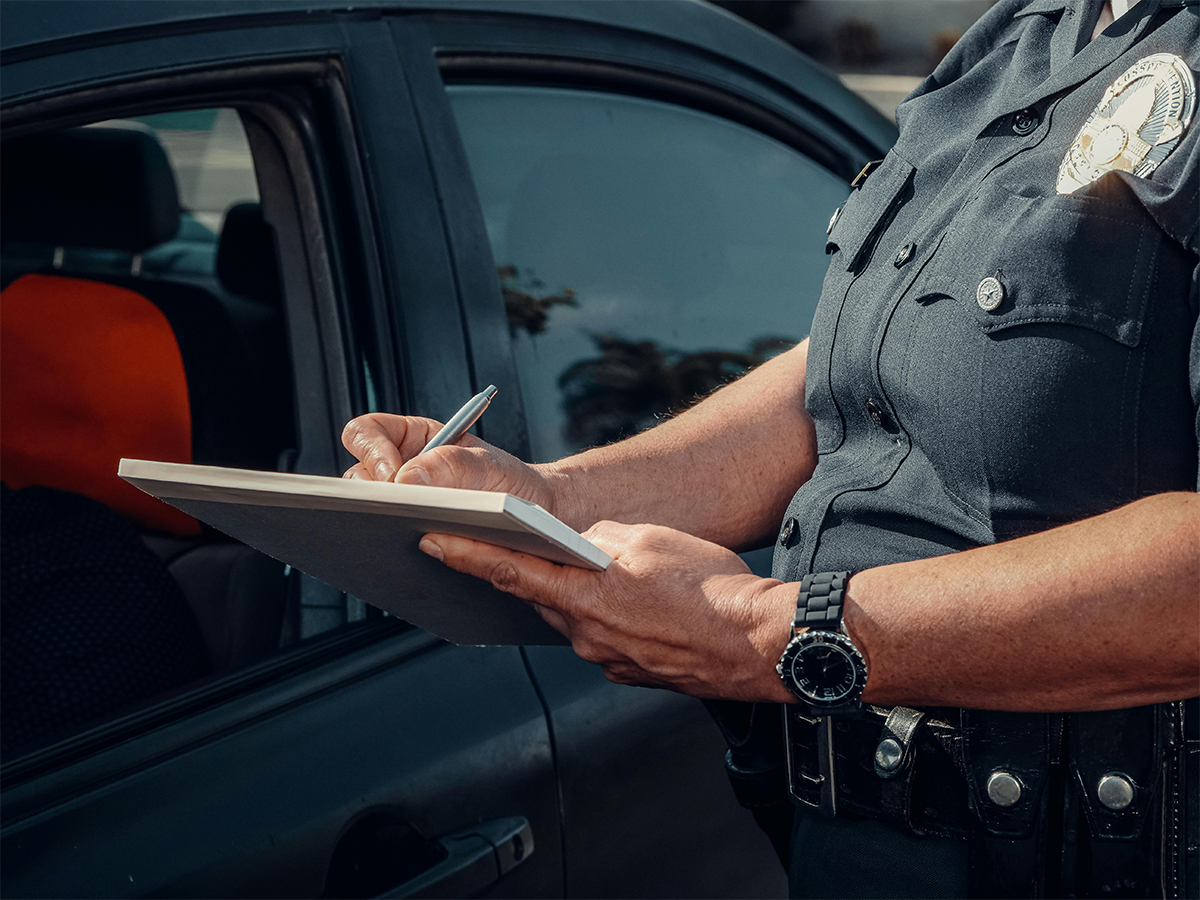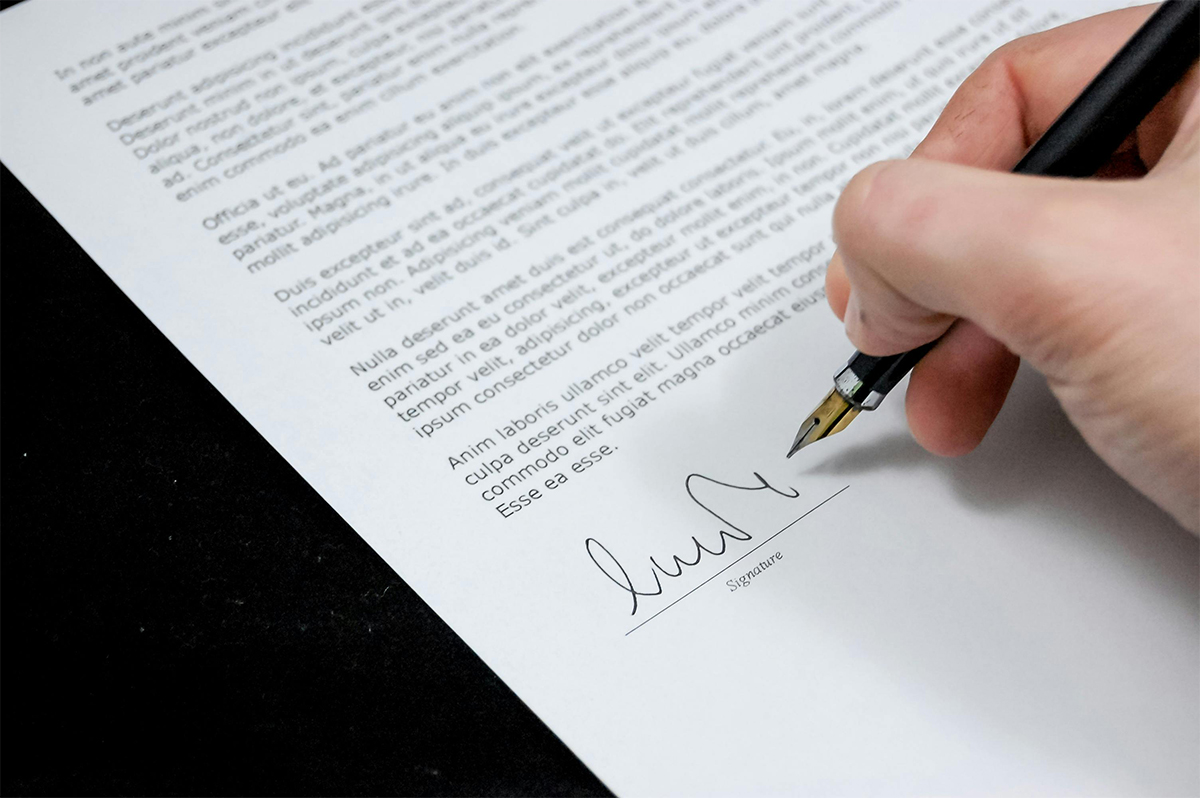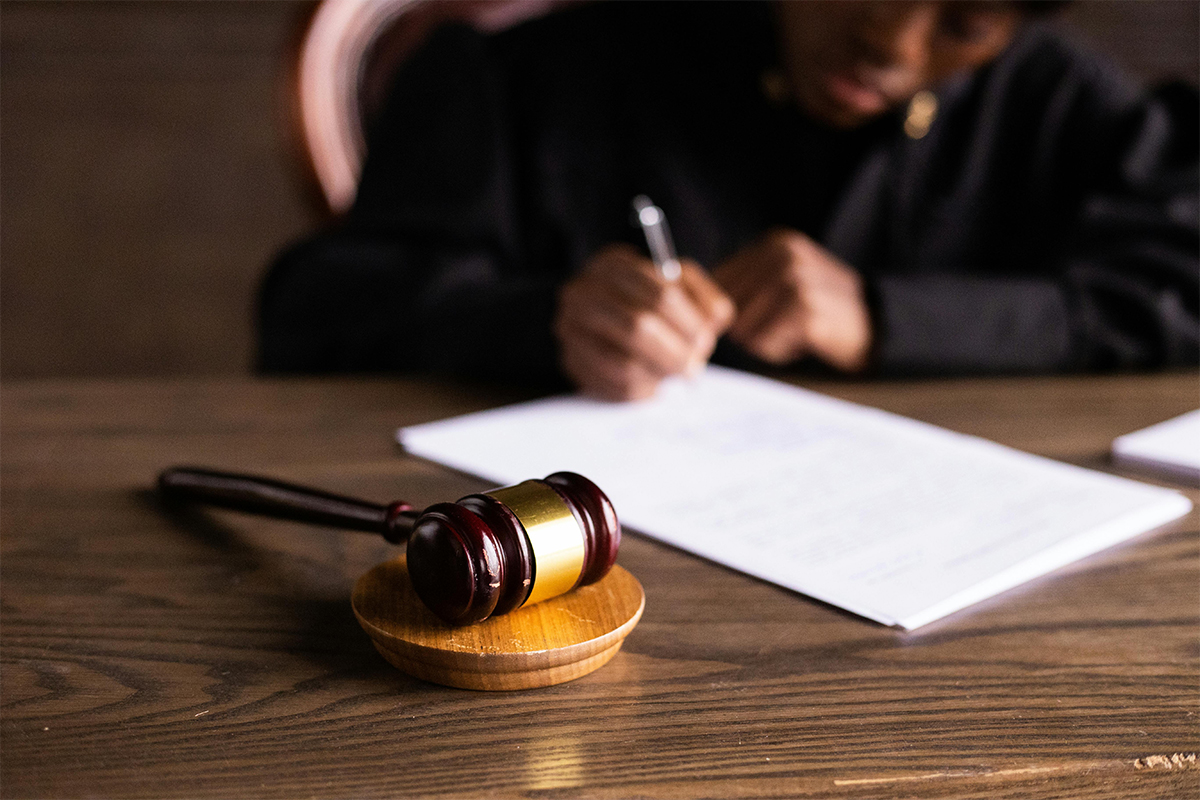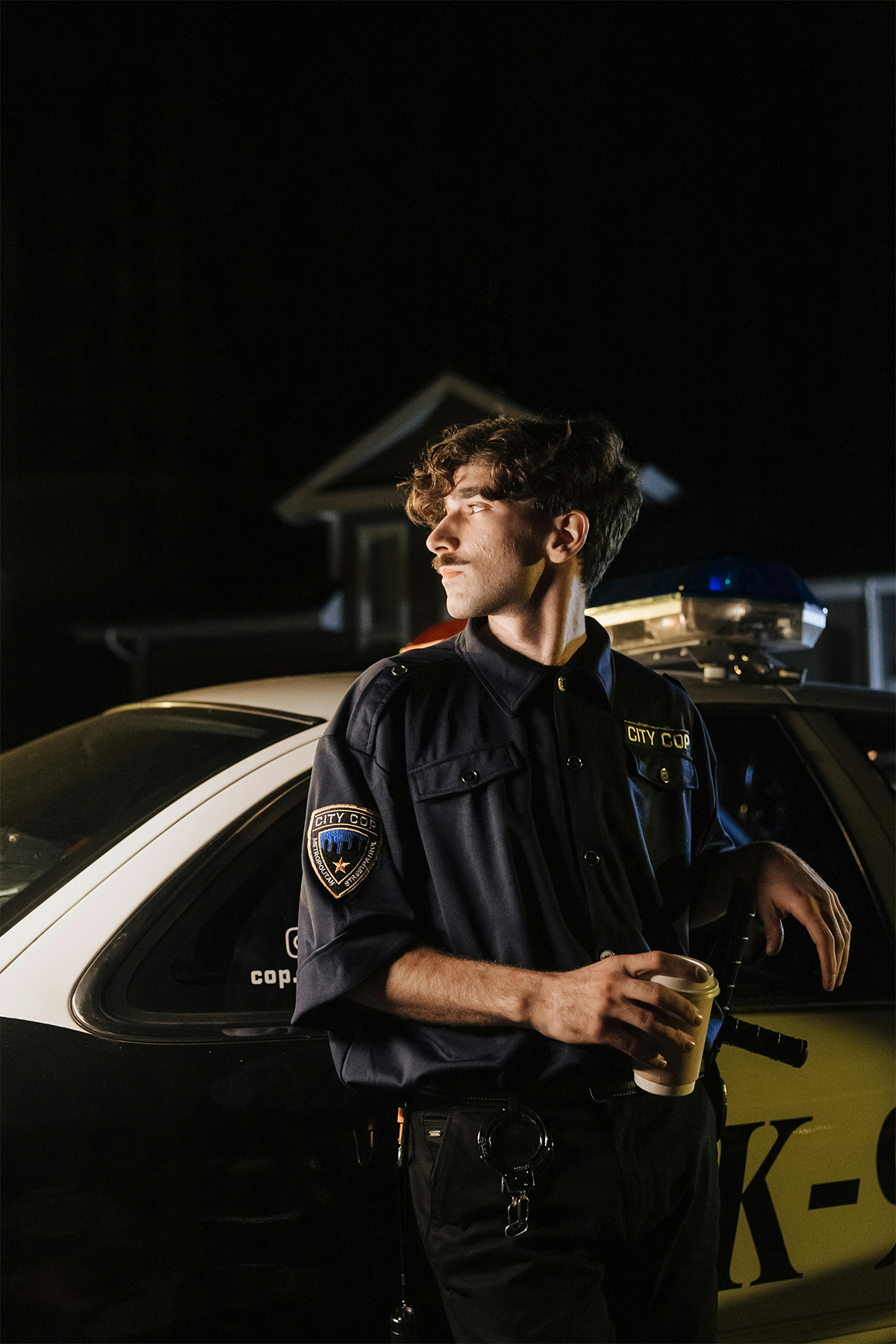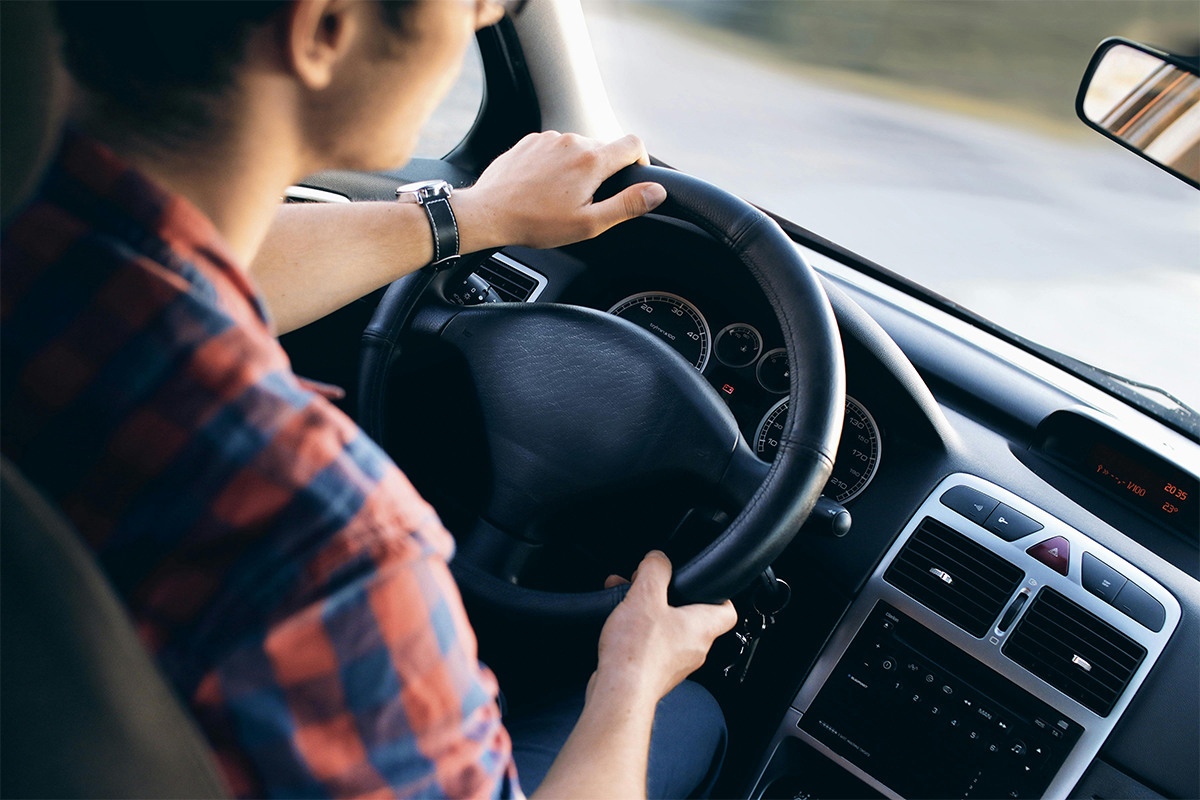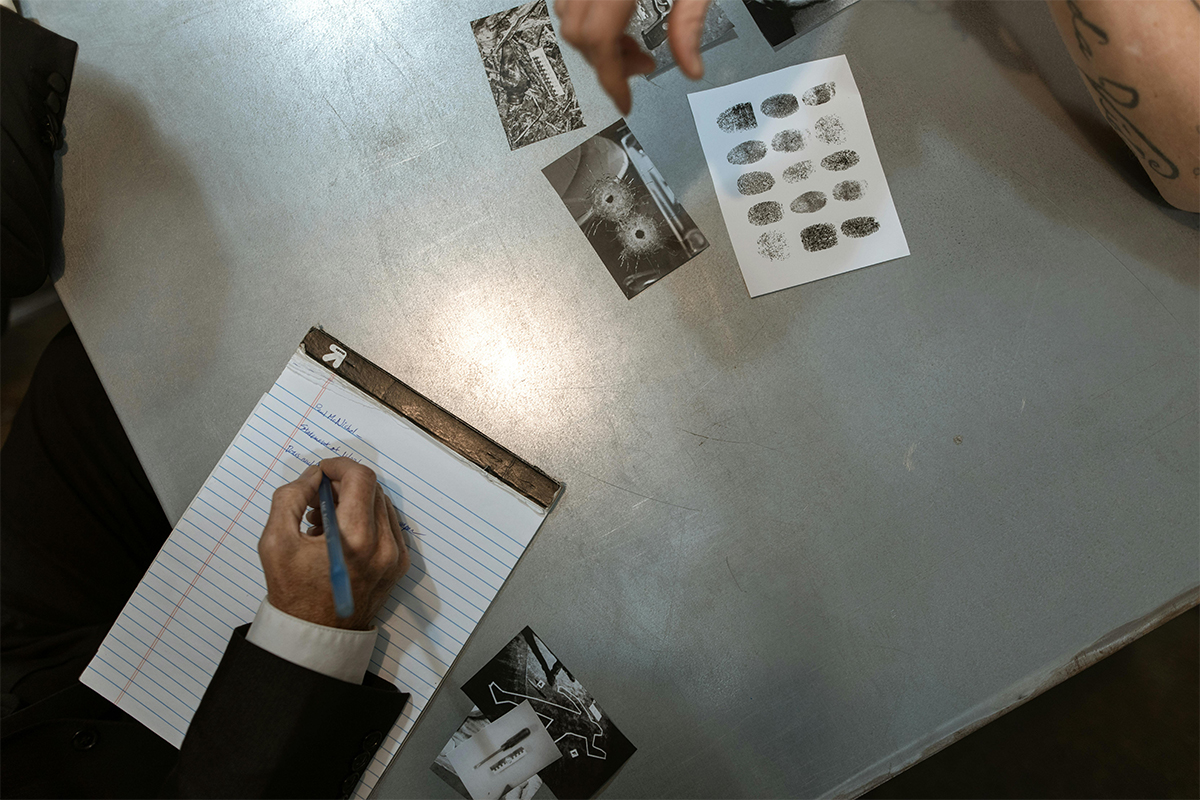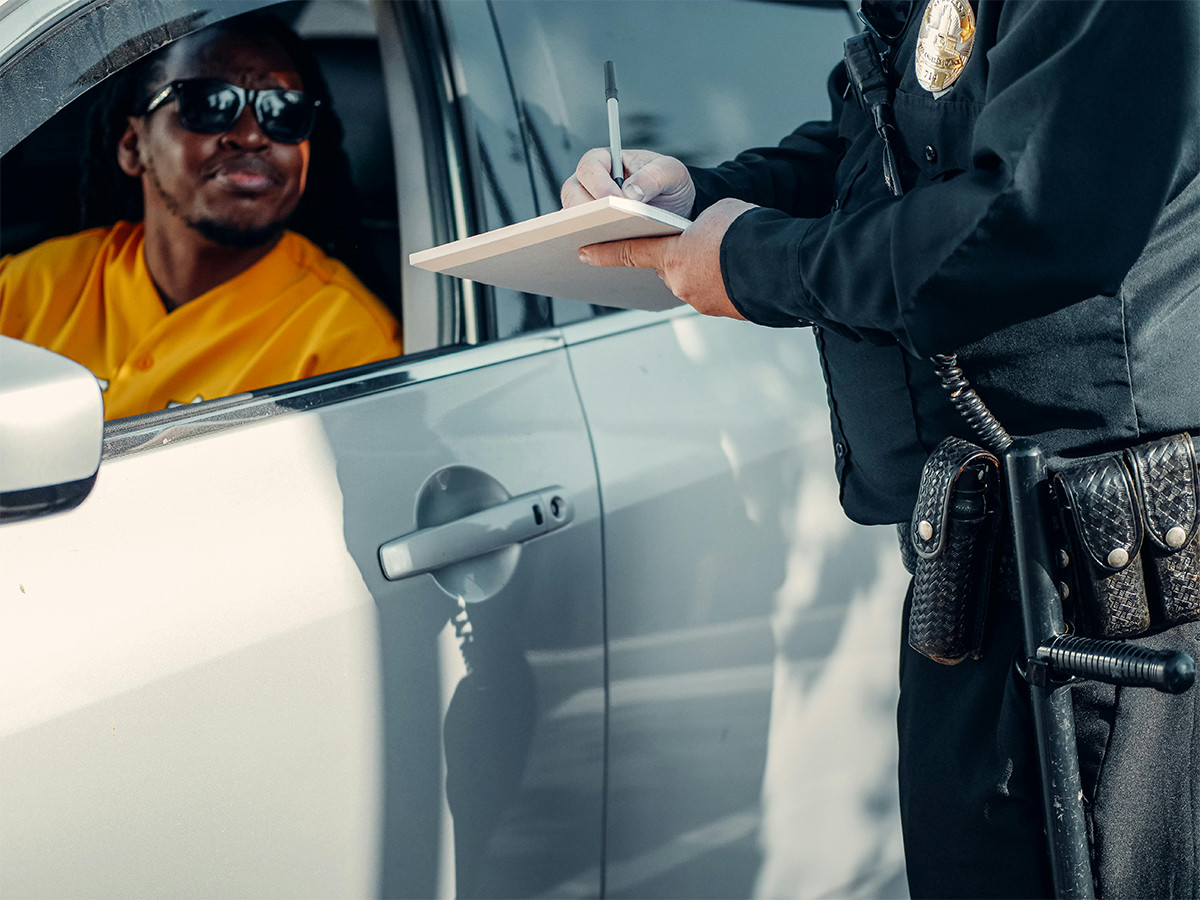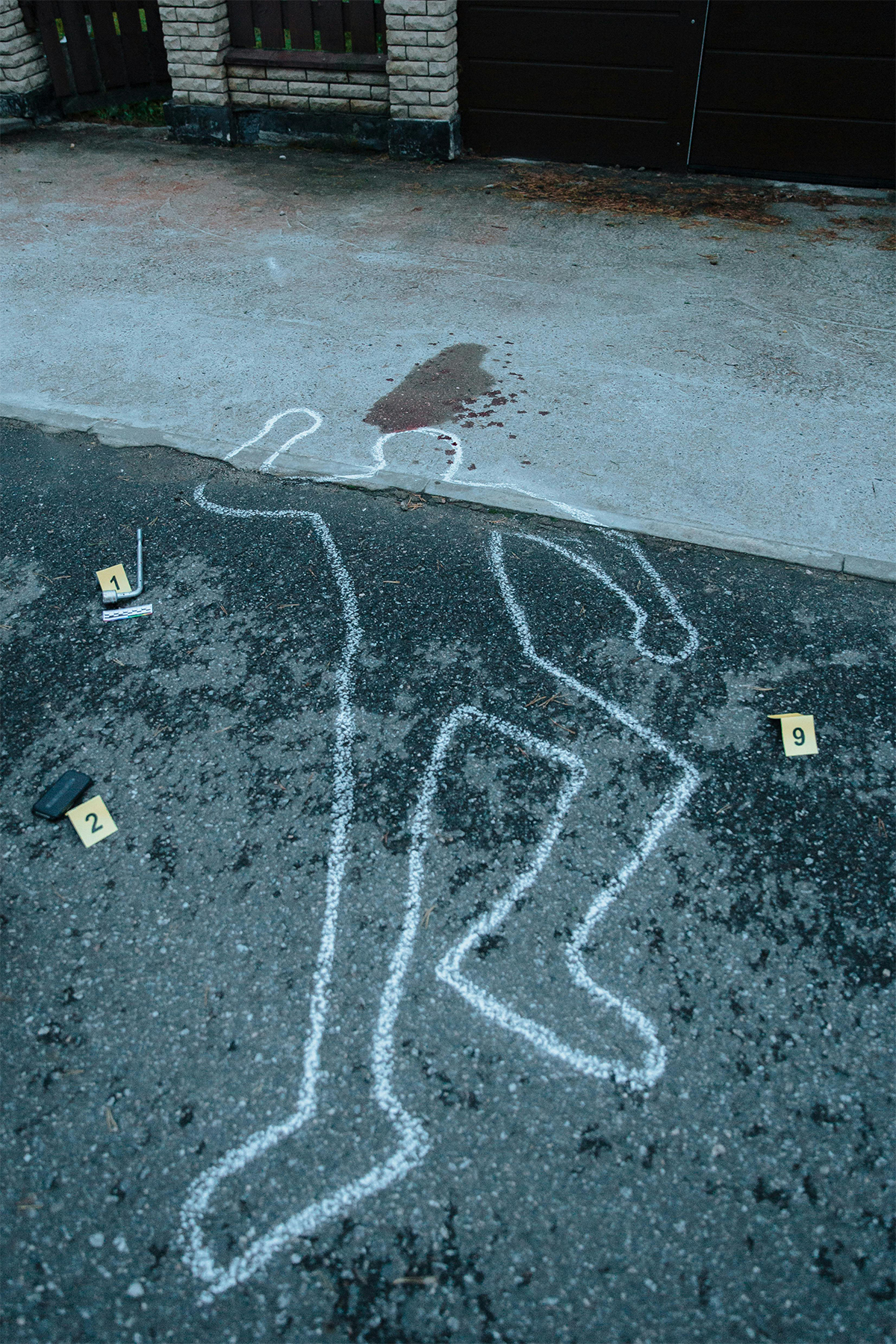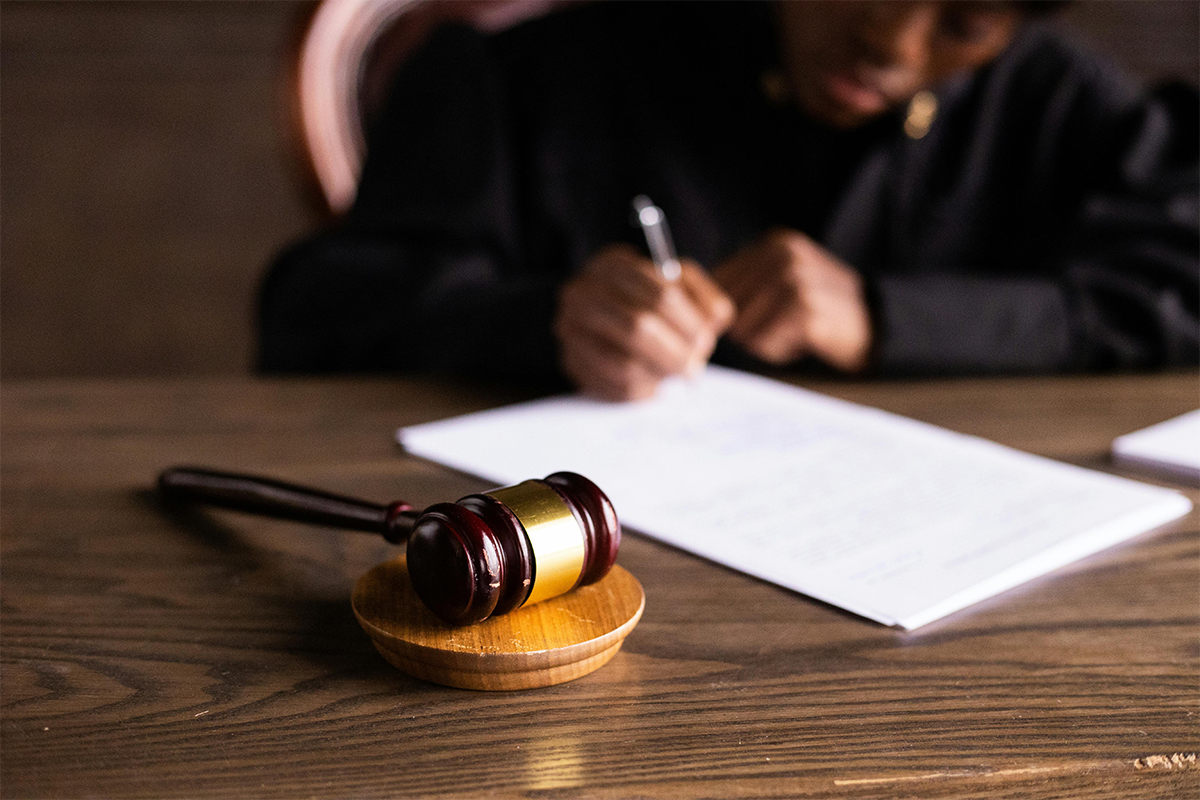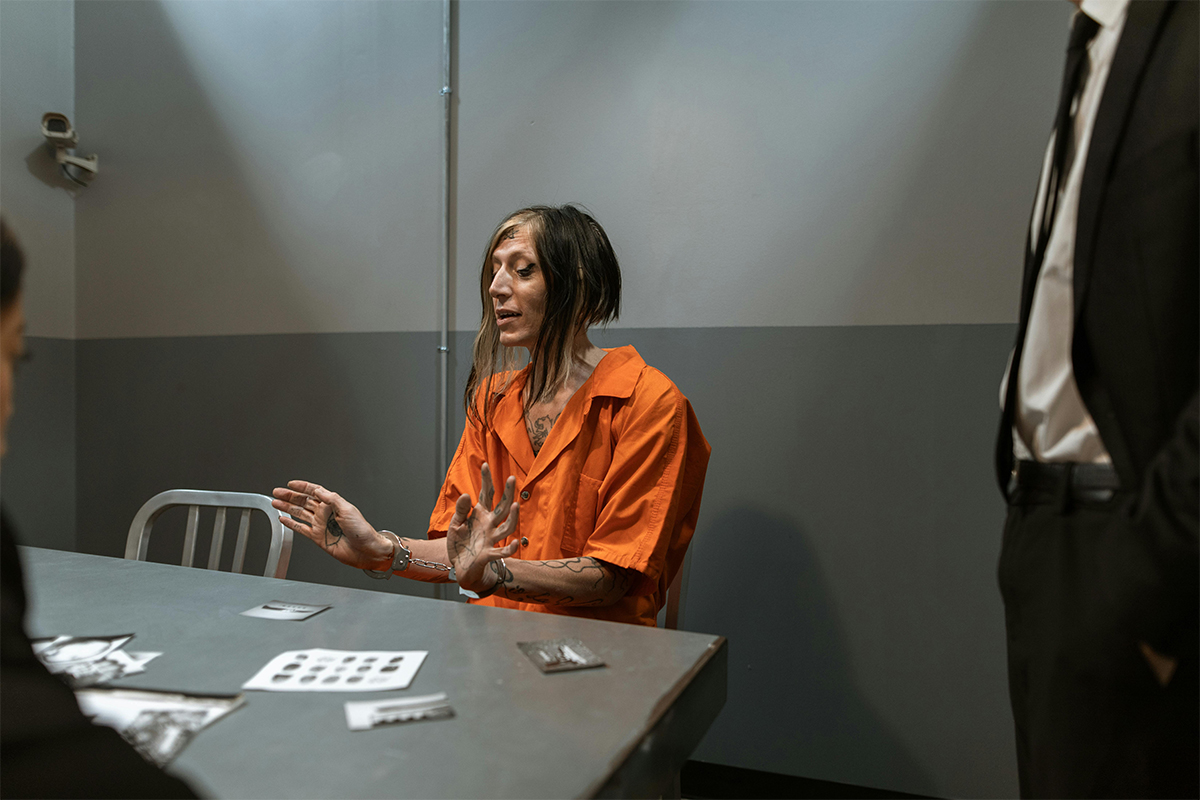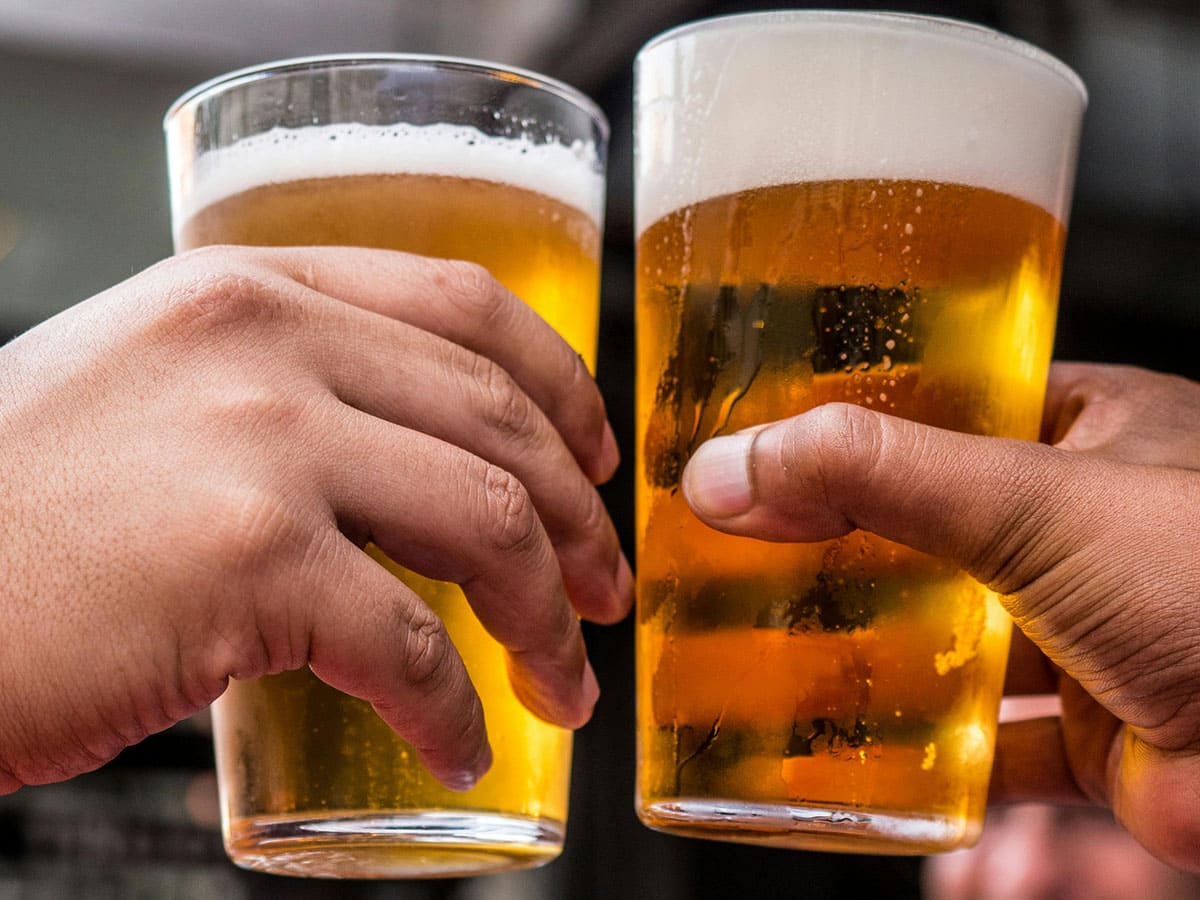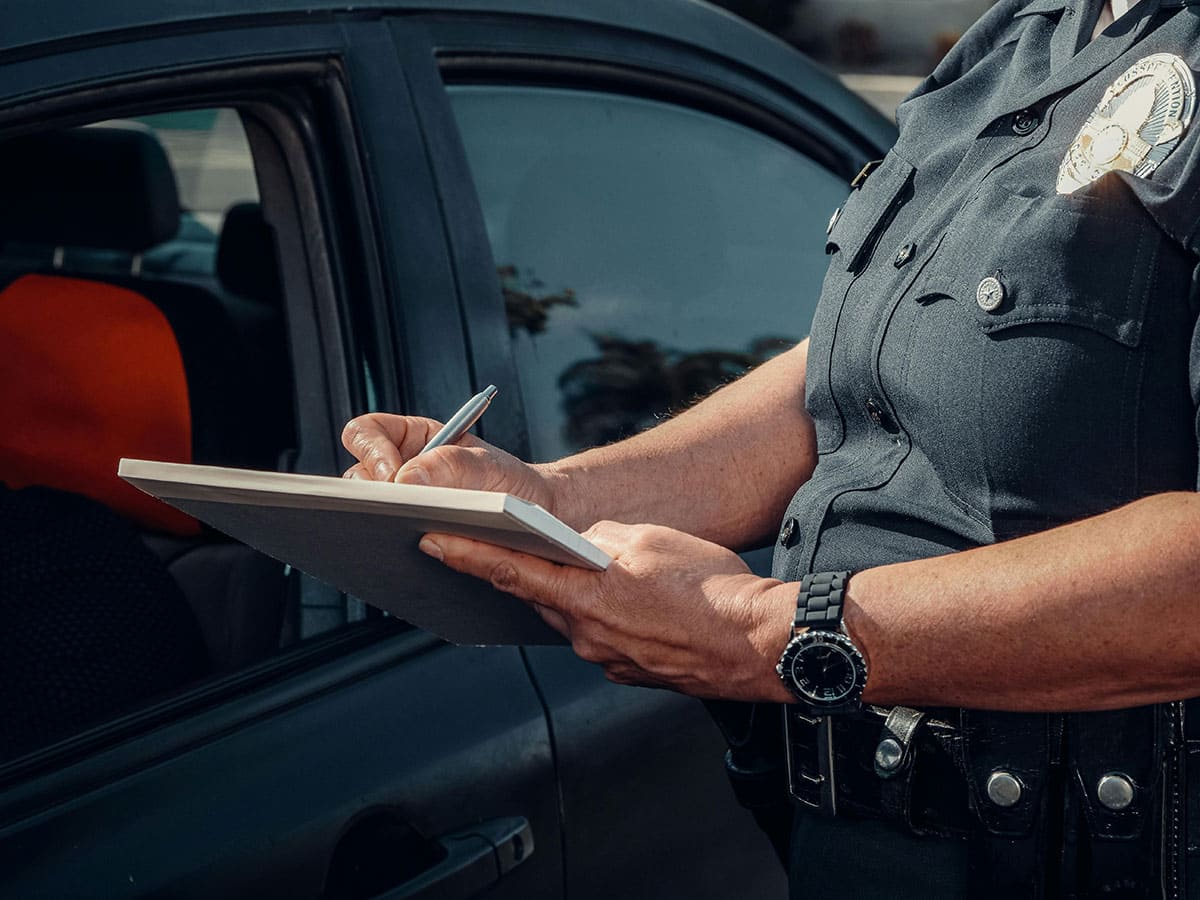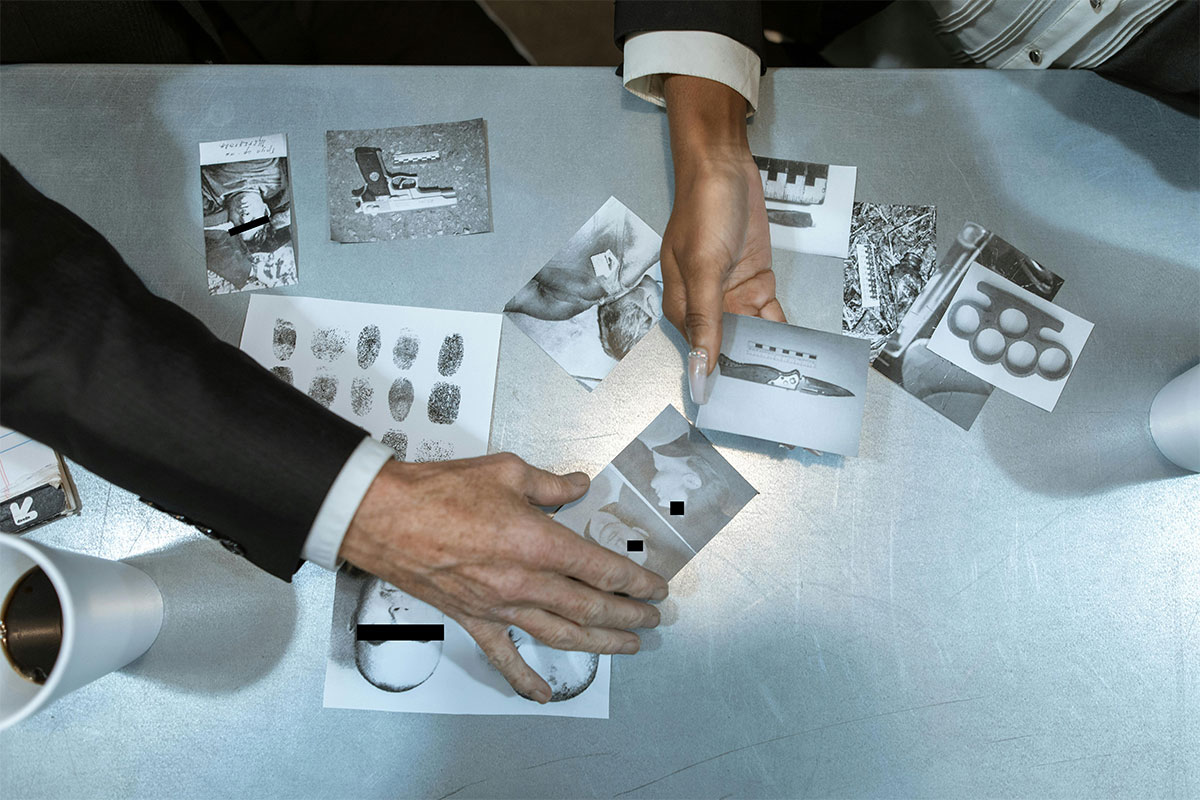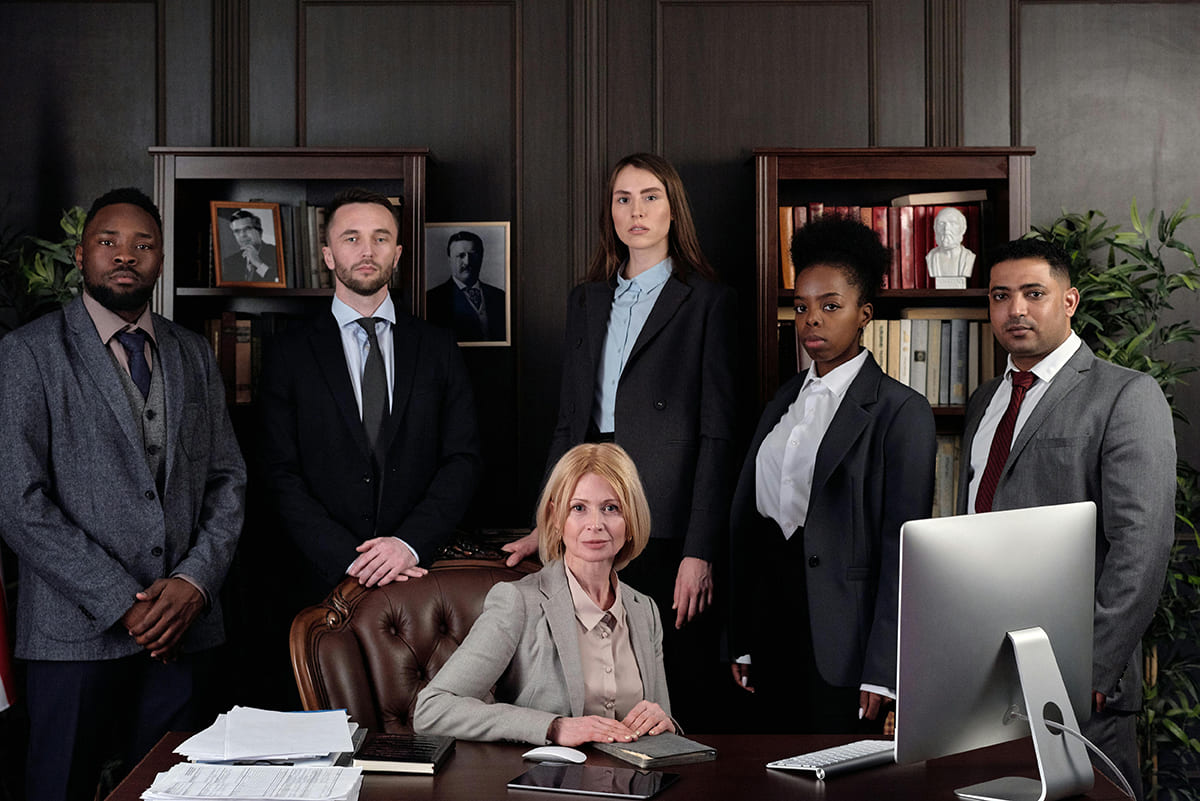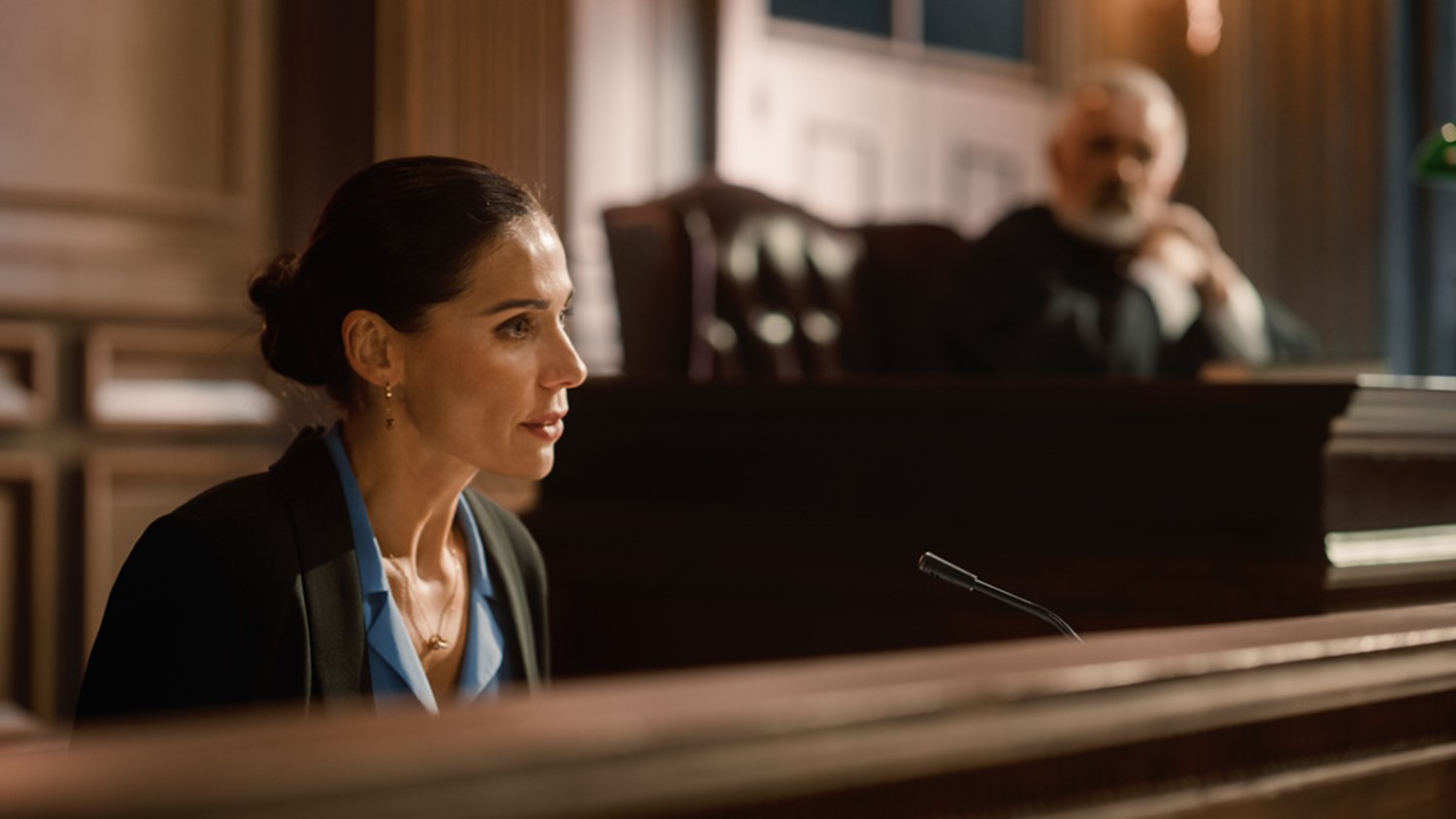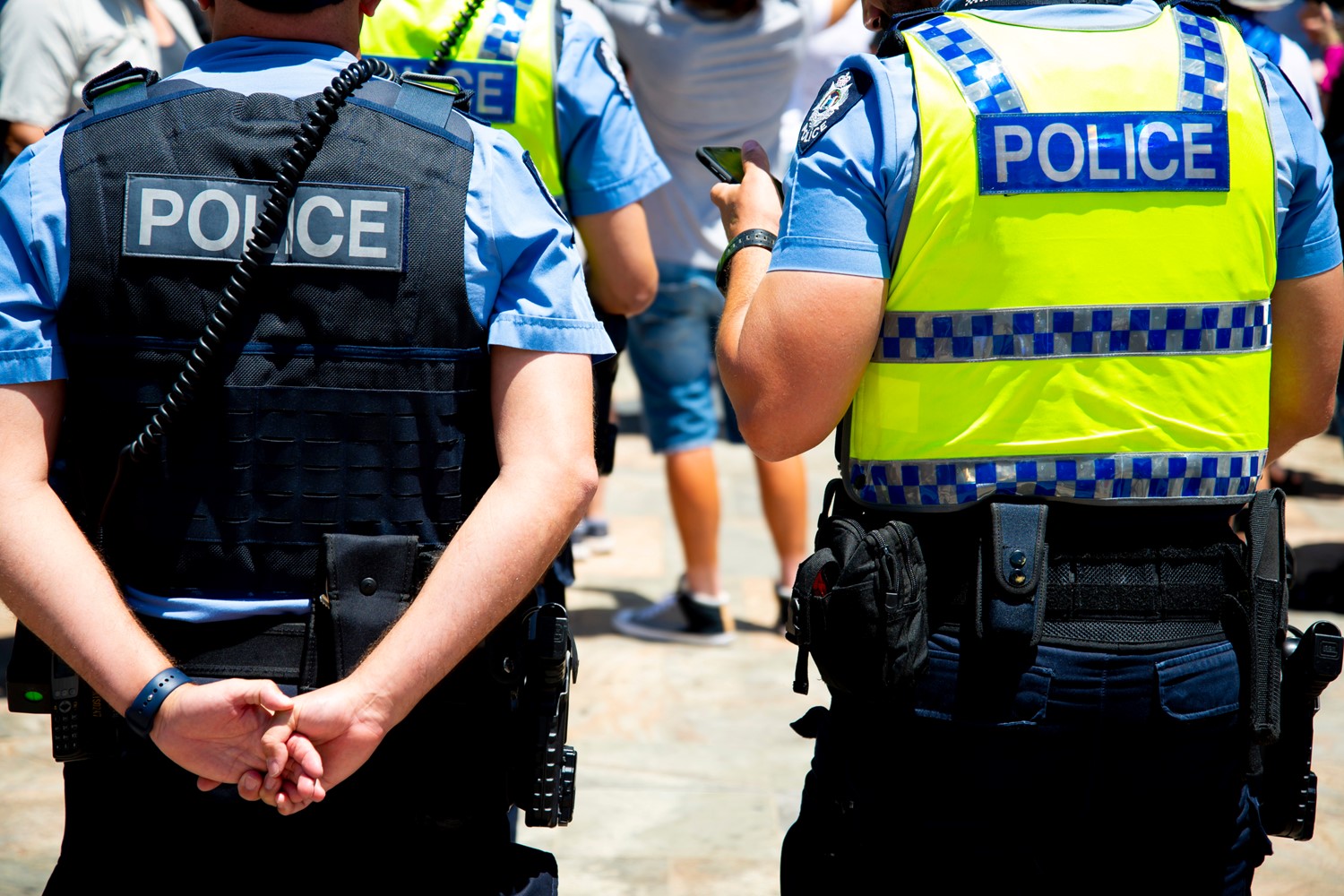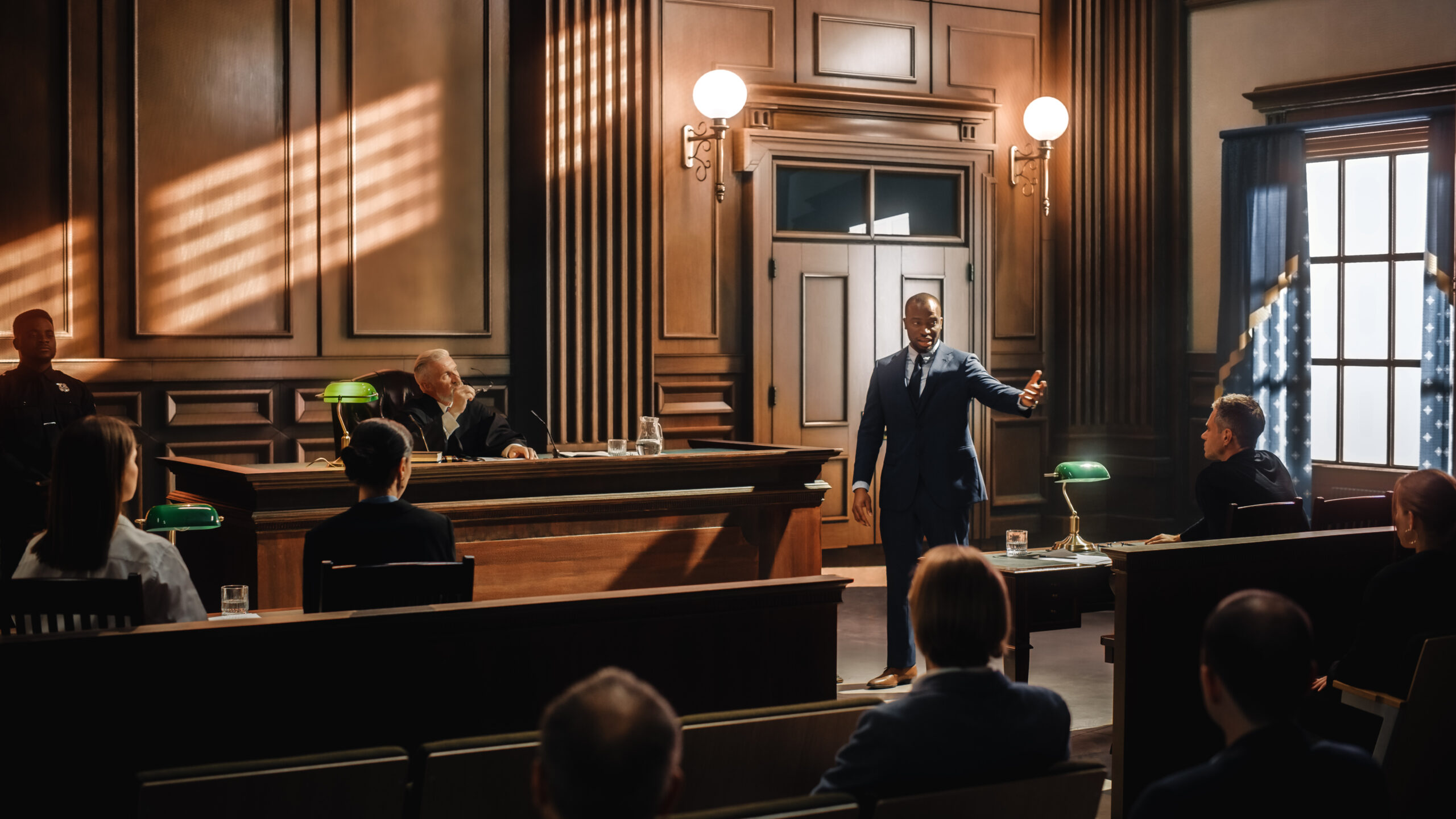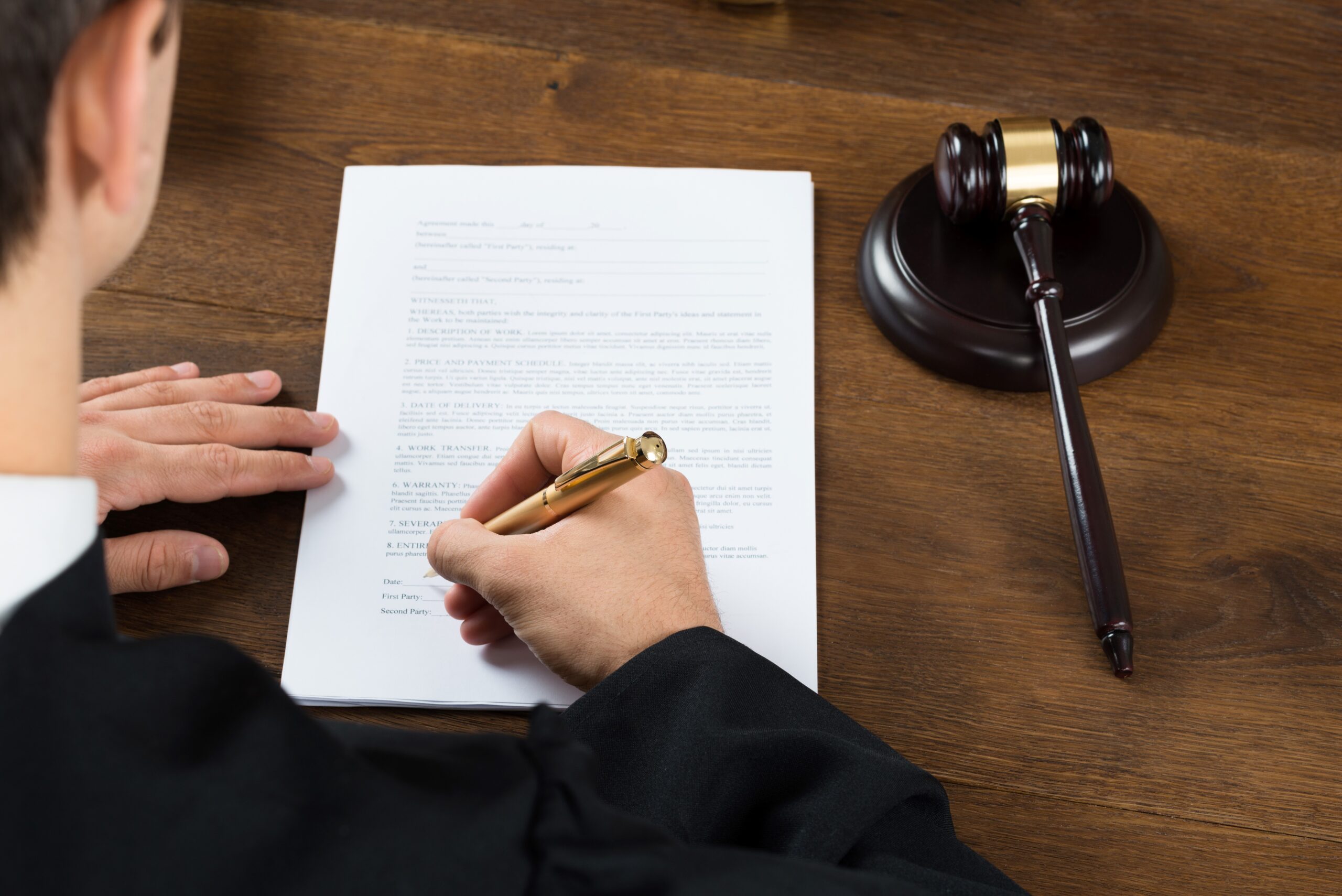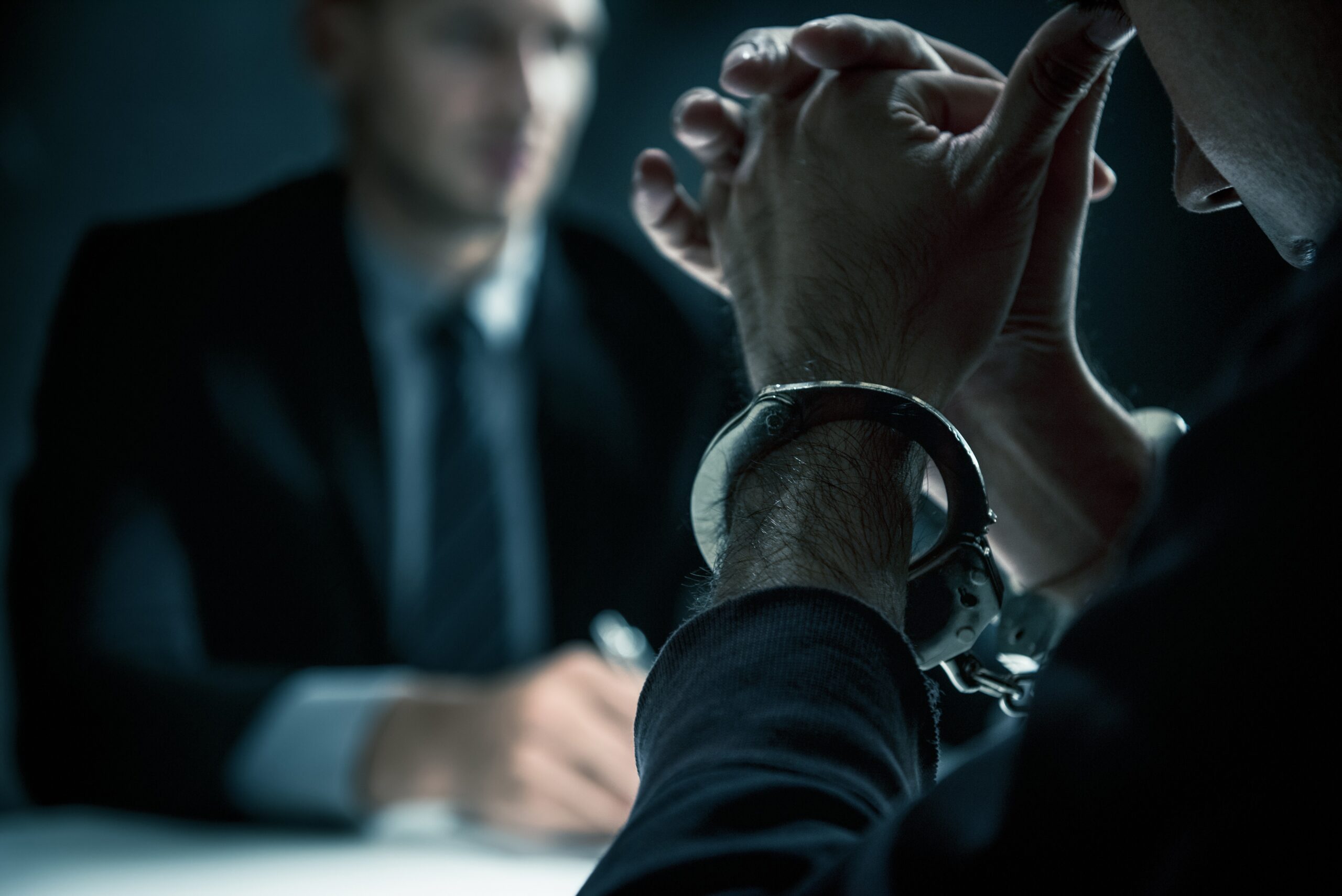Table of Contents
The latest data from the Australian Bureau of Statistics reports that traffic and vehicle regulatory offences comprise 35% of all principal offences recorded for the 2020-21 financial year. Courts all over the country have finalised such cases more than assault and drug cases combined. While lower than in 2018-19, the current figures have increased from 2019-20. (1)
These statistics show just how much Australian law takes traffic offences seriously. Given that almost all adjudications result in a conviction, getting charged for violating traffic rules is bad news. Penalties for traffic offences can range from revocation of driving privileges to imprisonment, with the latter being more likely if someone ends up hurt or worse because of the accident.
Fortunately, with the right decisions and a bit of luck, anyone can defend against traffic offences. Legal experts recommend doing the following when faced with such a predicament:
- Know your traffic offence
Answering the question “What are traffic offences?” doesn’t take a lot. They refer to any actions that violate existing traffic rules and regulations. Each state has its own traffic laws, though they tend to be the same. For instance, running a red light is as much of an offence in NSW as in, say, Queensland.
However, many people don’t realise that traffic offences can result in a blemish in their records. Solicitors and legal experts say that such violations can lead to a criminal record, though not all are recordable. In that case, authorities will duly log the offence under the person’s name in the National Police Check (NPC) database and remain there for years.
Serious traffic offences (also known as major traffic offences in other states) will undoubtedly result in a criminal record. According to the NSW government website, these violations entail driving in a manner that risks injury or death. Below are 3 serious traffic offences in the state:
- Predatory driving – operating a vehicle with the intent to collide with another vehicle; experts say the charge stands even if it doesn’t result in a collision.
- Police pursuit – refusing to cooperate with law enforcement when prompted (i.e., not pulling over when asked); also known as a hoon offence.
- Failure to stop and assist – driving away from the scene of a mishap the driver caused, leaving any injured bystanders. (2)
- Gather as much information as possible
A person can expect the prosecution to treat traffic offence cases like any criminal case. As such, the prosecutor’s goal will be to prove the defendant’s wrongdoing “beyond a reasonable doubt,” and it can be easy. For example, for a defendant charged with drunk driving, the prosecutor only needs to prove two things: the defendant was behind the wheel and had a blood alcohol content beyond the applicable limit (in NSW, it can be zero, 0.02, or 0.05). (3)
When faced with a strong push by the prosecution, the answer is always a more robust defence. A typical defence against traffic offences may involve denying the allegations put forward and having a legal justification for the actions in question. Solicitors employ a broad range of legal defences in these situations, some of which include:
- Automatism – the defendant had no intent to break the law, and a lack of consciousness caused their erroneous actions.
- Insanity – the defendant admits to the wrongdoing but can’t be held responsible on the grounds of mental illness.
- Hip flask – the defendant claims that the intoxication has happened after the accident (typically for drunk driving charges).
- Duress – the defendant committed the violation because of a clear and immediate threat to their safety, whether natural or man-made.
- Necessity – the defendant had no choice but to commit the offence due to an unavoidable circumstance (e.g., speeding to rush a badly wounded family member to the hospital). (4)
- Seek professional legal aid
In spite of the many options, these arguments have varying degrees of success in court. You’d want professional legal aid for traffic offences to formulate the best possible defence. While these professionals can’t guarantee that their clients will be able to get away scot-free, they can be invaluable in:
- Guiding clients through the labyrinth known as the criminal justice system
- Sharing responsibilities such as legal research and compilation of evidence
- Filing the necessary documentation before any adjudication begins
- Conducting negotiations and other related activities on their clients’ behalf
- Challenging any evidence or questions presented by the prosecution in court (5)
Having the best solicitor for traffic offences can improve the results of the responsibilities stated above. As a substantial number of cases the justice system hears yearly involve traffic offences, there’s no shortage of specialists.
Conclusion
There’s no need to ask, “Can traffic offences leave you with a criminal record?” Depending on the gravity of the incident, it will stain anyone’s record and stay for years. When given your day in court, taking these helpful tips to heart will help build your case.
References:

